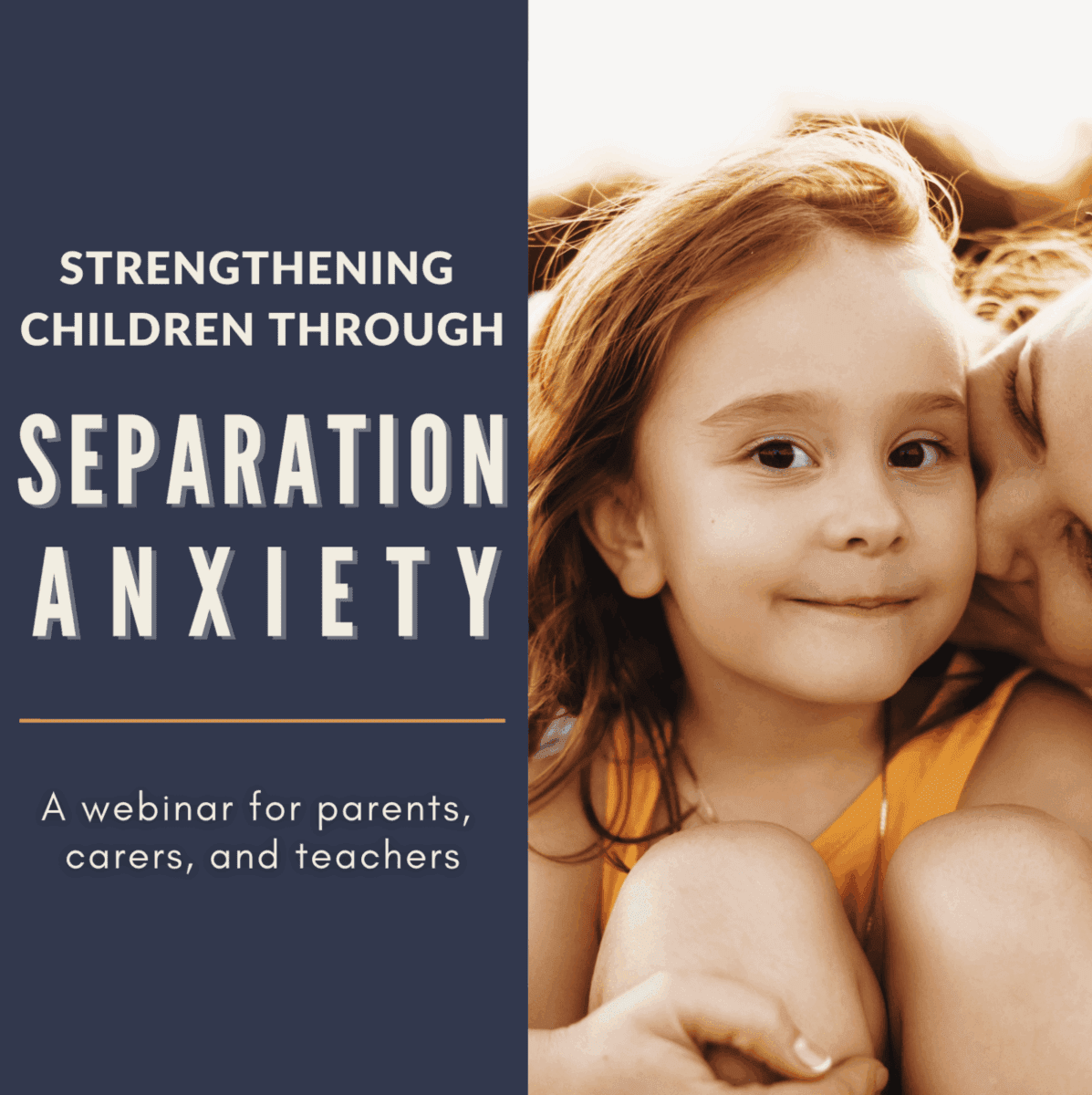
Strengthening Children Through Separation Anxiety
Separation anxiety can come with loads of heartache for children and their important adults, but there’s something else it comes with – the opportunity to strengthen all children against anxiety and build their brave – and we know they can be brave.
Saying ‘goodbye’ can be tough! Not only for our children, but for us too – even the strongest and bravest of parenting hearts can feel the wrenching that can come at separation. Separation anxiety exists for a good reason. We want our children to feel loved and supported, and we also want to build their brave so anxiety doesn’t stand in the way of the important, growthful things they need to do.
Of course we’d rather our young ones never feel the tailwhip of separation anxiety, but so many young people (and the adults who love them) are going to experience anxiety at separation from a loved one. It’s part of being human, but it doesn’t have to hurt. As their important adult, you have a profound capacity to support them through separation anxiety and help them feel braver, stronger, and closer to you, even when you’re not beside them – at school, at bedtime – any time they are away from you. In this one-and-a-half-hour webinar, we will explore practical, powerful ways to do this.
This is information I wish every parent could have. I’ll be speaking to you from my professional experience, but more importantly, I’ll be speaking to you from my parenting heart. Something you might not know about me is that my own experience with my daughter’s separation anxiety when she was a little person is what led me to this work. (She’s now one of the bravest women I know!
I know we can get kids through separation anxiety. I know the heartache. I know the feelings of helplessness. And I know we can get them through.
If you can’t make the ‘live’ online event, that’s no problem at all. A recording of the webinar will be made available to all registered participants for 30 days.
We will explore:
- why separation anxiety happens, and the important job it’s there to do;
- the thing all loving adults will do (we’ll all do them!) that can inadvertently make their anxiety worse, and what to do instead;
- why their anxiety will fuel yours;
- what adults can do to soften the impact of separation;
- how to respond in the midst of anxiety – strategies for children, parents and carers (including teachers and other important adults);
- practical ways to support your child through separation anxiety;
- specific strategies for bedtime anxiety;
- the toolbox for young people – how to help all children feel bigger at separation;
- the connection between anxiety and aggression, and how to respond to big behaviour in the moment;
- the connection between anxiety, behaviour and learning, and how to work with this;
- a road map for supporting your child through anxiety – before, during, and after;
- why relationships matter, and how to facilitate relationships between children and their important adults (teachers, other important adults) in ways that will build brave behaviour.
